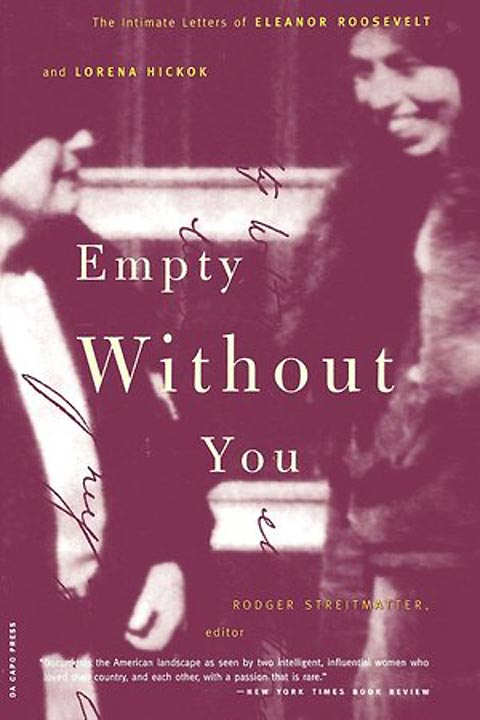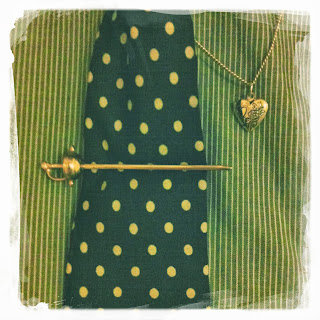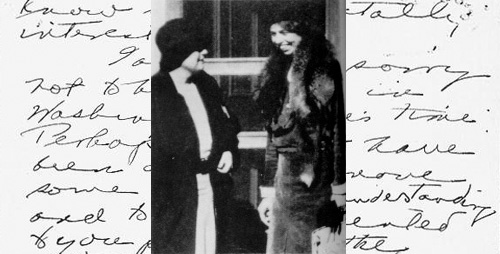by Maria Popova
“You have grown so much to be a part of my life that it is empty without you.”
 Eleanor Roosevelt
Eleanor Roosevelt (October 11, 1884–November 7, 1962) endures not only as the longest-serving American First Lady (1933-1945), but also as one of history’s most politically impactful, a fierce champion of working women and underprivileged youth.
But her personal life has been the subject of lasting controversy.
On March 5, 1933, the first evening of FDR’s inauguration, Roosevelt wrote Hick:
Hick my dearest–
I cannot go to bed tonight without a word to you. I felt a little as though a part of me was leaving tonight. You have grown so much to be a part of my life that it is empty without you.
Then, the following day:
Hick, darling
Ah, how good it was to hear your voice. It was so inadequate to try and tell you what it meant. Funny was that I couldn’t say je t’aime and je t’adore as I longed to do, but always remember that I am saying it, that I go to sleep thinking of you.
And the night after:
Hick darling
All day I’ve thought of you & another birthday I will be with you, & yet tonite you sounded so far away & formal. Oh! I want to put my arms around you, I ache to hold you close. Your ring is a great comfort. I look at it & think “she does love me, or I wouldn’t be wearing it!”
And in yet another letter:
I wish I could lie down beside you tonight & take you in my arms.
Hick herself responded with equal intensity. In a letter from December 1933, she wrote:
I’ve been trying to bring back your face — to remember justhow you look. Funny how even the dearest face will fade away in time. Most clearly I remember your eyes, with a kind of teasing smile in them, and the feeling of that soft spot just north-east of the corner of your mouth against my lips.
Granted, human dynamics are complex and ambiguous enough even for those directly involved, making it hard to assume anything with absolute certainty from the sidelines of an epistolary relationship long after the correspondents’ deaths. But wherever on the spectrum of the platonic and romantic the letters in
Empty Without You may fall, they offer a beautiful record of a tender, steadfast, deeply loving relationship between two women who meant the world to one another, even if the world never quite condoned or understood their profound connection.








